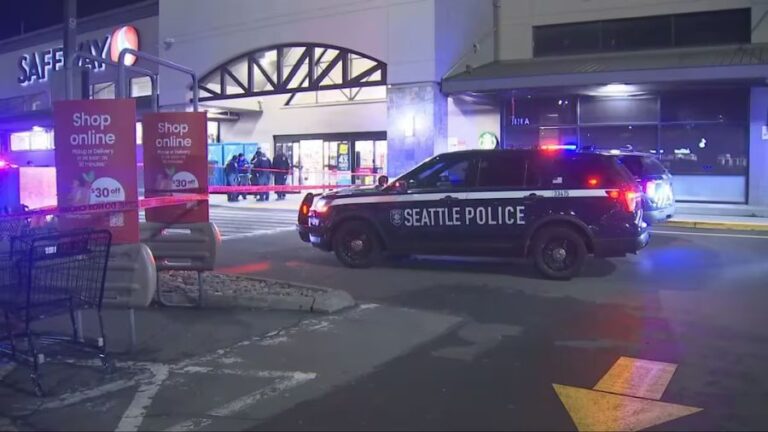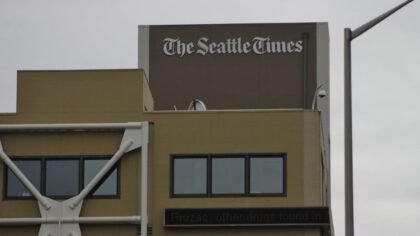The Associated Press periodically tweaks its style guide—often to make its left‑wing activism more subtle. Progressive activists do the same, inventing controversies out of thin air. Where we once spoke of “food deserts,” the Radical Left now insists on “food apartheid”—and expects us to pretend this contrived concept is happening in Seattle.
Seattle Times columnist Naomi Ishisaka is amplifying the claim that racism explains why some neighborhoods—like those in south Seattle—lack the high‑quality and plentiful grocery stores that predominantly white areas enjoy.
“While ‘food desert’ might lead people to think there’s something inevitable about certain communities lacking access to healthful food, ‘food apartheid’ argues that these inequities are the result of intentional choices, and can be changed,” Ishisaka writes.
‘Food apartheid’ over facts
Ishisaka, who hasn’t abandoned her dogmatic loyalty to the Black Lives Matter grift, insists that every disparity is proof of racism. Fewer grocery stores in so‑called Black neighborhoods? Racism!
“These inequities, part of what are called social determinants of health, contribute to health disparities that fall along racial and socio-economic lines. They result in poorer health outcomes for Black, Native American and some Hispanic people,” she claims—blaming an anti‑Black, anti‑Native American, and even anti‑(some) Hispanic conspiracy that somehow spares Asians and poor whites.
Eschewing Occam’s Razor, she posits an orchestrated effort—“policies such as redlining and urban renewal”—to starve these areas of investment and amenities. Yet she glosses over the obvious reason Seattle’s black neighborhoods have fewer grocery options: crime.
Near her own house in Rainier Beach, she admits, “we have two Safeways, the closest of which has been the site of numerous incidents of gun violence”—ironically pinpointing the culprit herself.
Naomi Ishisaka already has the answer
Grocery stores run on razor‑thin margins and will avoid neighborhoods where customers and staff face deadly risks. Perhaps that nuance escaped her ideologically blinded gaze.
Granted, the Radical Left did try to turn all of Seattle into dangerous neighborhoods when they stopped prosecuting criminals and fought to keep them out of jail. Still, that Ishisaka doesn’t realize that a grocery store that doubles as a criminal’s outdoor shooting range is not a great business model shows you the extend of her ideological blind spots.
Oh the irony
It’s amusing to parse through the inconsistency coming from the Radical Left when they reflexively blame racism on everything. It’s particularly fun when that “everything is racist” mentality intersects with their anti-corporation talking points.
The irony is that the same activists who demand recognition of “food apartheid” also oppose proactive policing, screeching “ACAB” on every street corner. It’s almost as if they champion policies that keep crime thriving, just so they can keep declaring neighborhoods victimized—while lecturing businesses for daring to turn a profit while staying away from violence.
Listen to The Jason Rantz Show on weekday afternoons from 3-7 p.m. on KTTH 770 AM (HD Radio 97.3 FM HD-Channel 3). Subscribe to the podcast here. Follow Jason Rantz on X, Instagram, YouTube, and Facebook.






